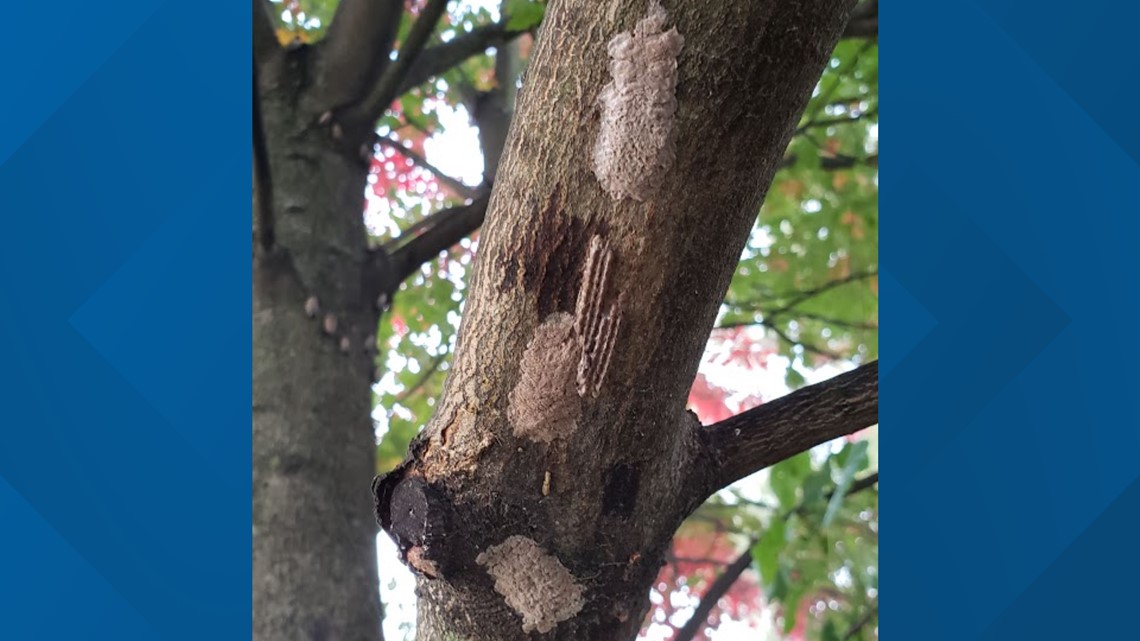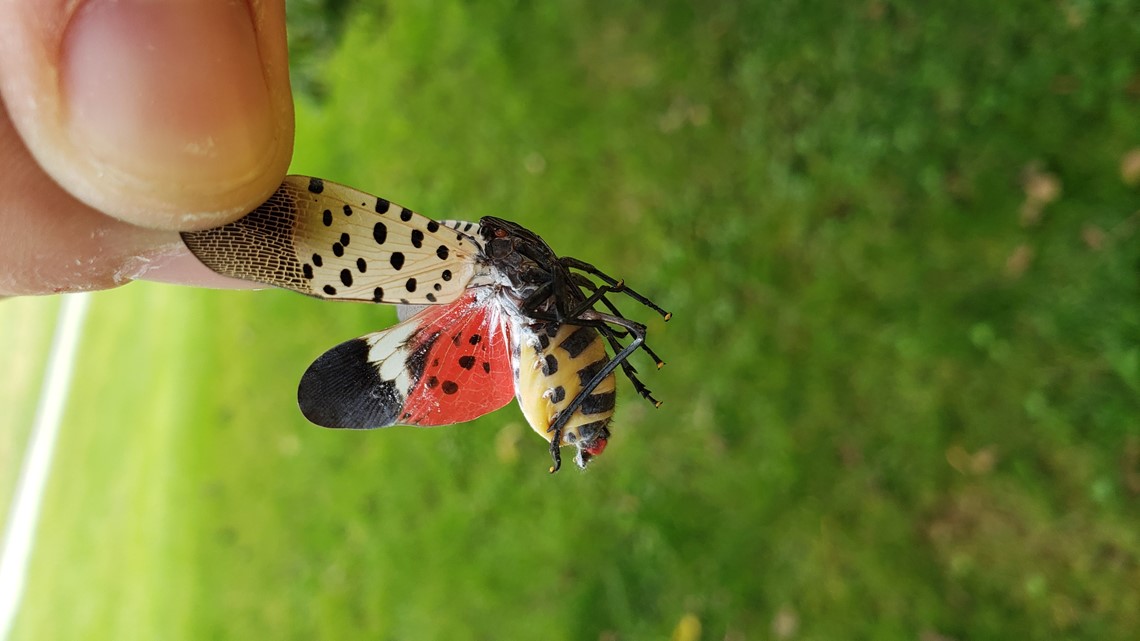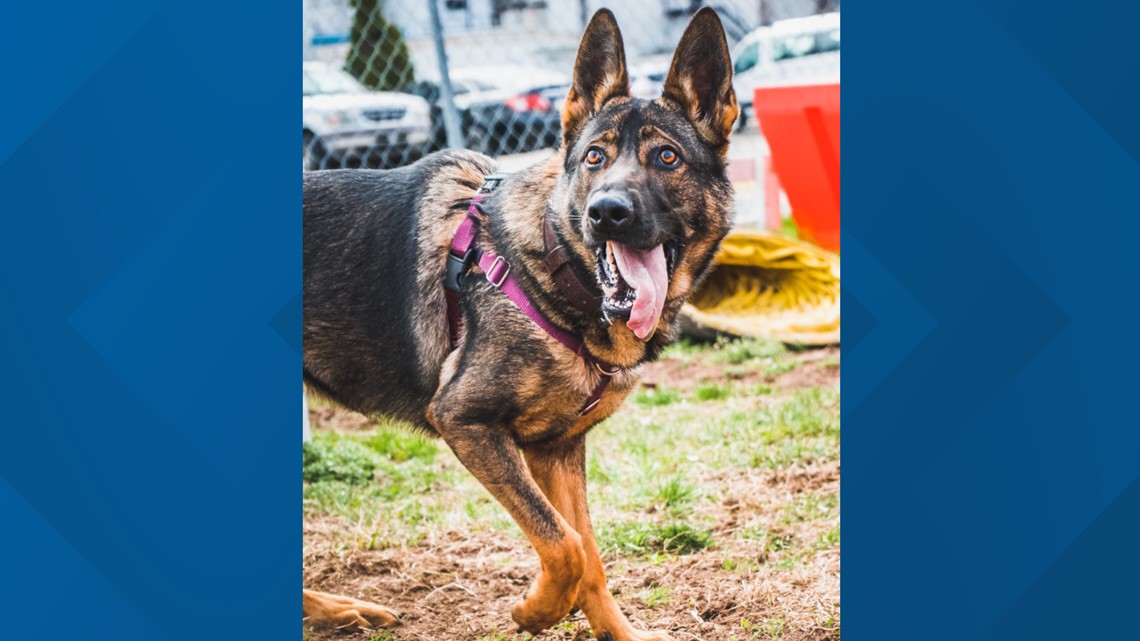PENNSYLVANIA, USA — Every fall, female Spotted Lanternflies lay rows of 30 to 50 eggs called egg masses. Now is the time to take action, to make sure we destroy the eggs before they hatch next spring.


According to the Department of Agriculture, Spotted Lanternfly sightings have more than doubled since last year.
RELATED: 'DIY' Spotted Lantern Fly Traps
This year’s high number of sightings could be thanks to ideal weather conditions for these destructive bugs – a mild winter and a dry summer.
Amanda Goldsmith, a Spotted Lanternfly Technician explains, “I think there’s going to be a ton more egg masses. They’re just getting started – at least from what I can tell."


She also says, "Only one in ten, two in ten of the females are that pregnant – so that means there’s a ton of other females that still need to lay their eggs. So I think we still have a whole ride ahead of us.”
Researchers at the University of Pennsylvania have successfully completed a pilot program that could make finding these egg masses easier.
The University is training dogs to use their incredible sense of smell to sniff out the eggs.
Dr. Jennifer Essler, one of the researchers at Penn Vet, explains, “The amazing thing about dogs, on top of their amazing nose – even if it's not the best, is their willingness and interest in cooperating with humans.”
The most important part of this program was not only to train these dogs to be able to sniff out the eggs but to shape their behavior into alerting their handler when they would find an egg mass.
Dr. Essler says, “It’s really this bond, this evolution with humans that has put them into this really unique niche that dogs get these amazing jobs, the dogs love their jobs, and humans get the benefit of these amazing colleagues.”
Now, the program is training Lucky -- an 18-month-old German Shepherd mix who will soon take on a new role as the Pennsylvania Department of Agriculture’s first Spotted Lanternfly scent detection dog.


Shannon Powers, Press Secretary for the PA Department of Agriculture, says, “Lucky will be able to detect Spotted Lanternflies in places where it's hard for humans, where it takes longer for humans to find them.”
One of the hopes with Lucky is that she will be able to use her incredible sense of smell to find Spotted Lanternflies in their early stage of life when they are very small and can also be confused with other insects.
Powers explains, “We’re very excited about the potential for Lucky to extend the work that our human friends do. Lucky is going to be a great employee for the Department of Agriculture. We have high hopes for her.”
RELATED: Wildlife experts warn spotted lanternfly traps are killing birds, bats, squirrels, and other animals
Lucky will take on a big role, but it's just as important for each of us to do our part in minimizing the spread of this invasive species.
Remember to check your vehicle and your belongings when traveling through quarantine zones.

